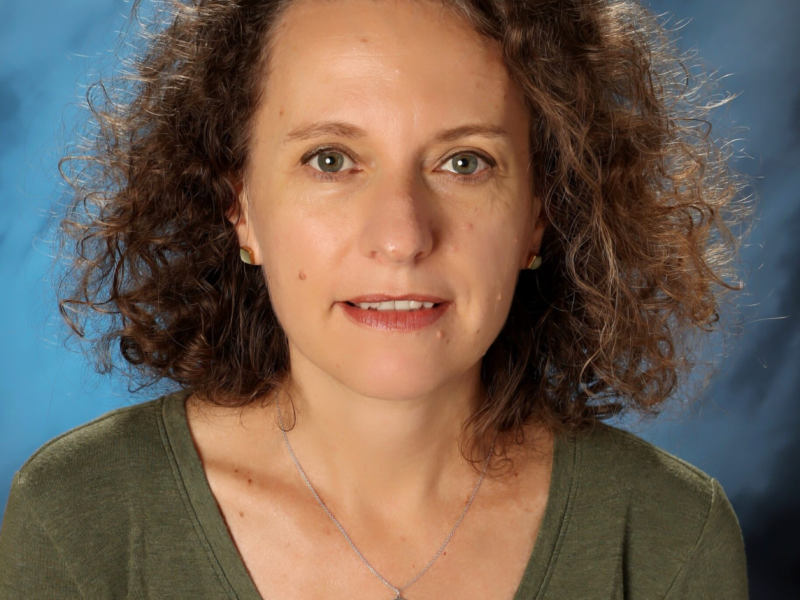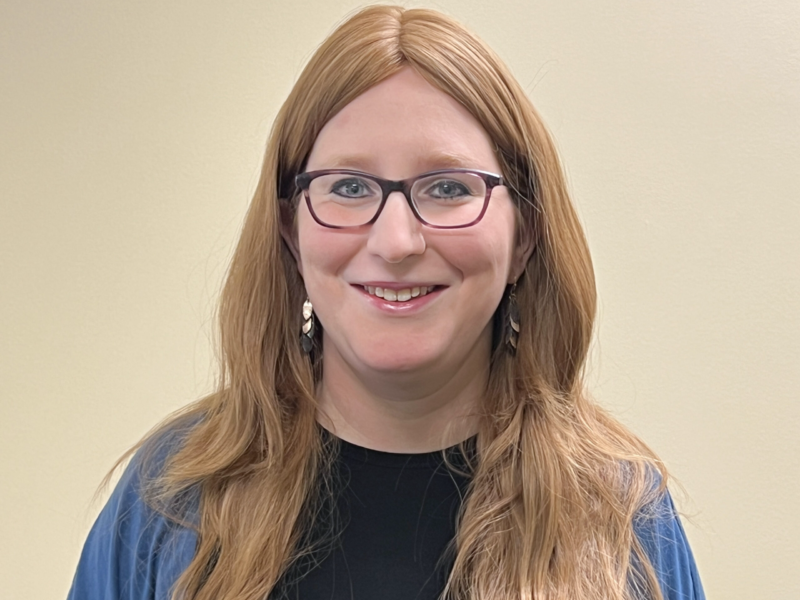“Brilliance and Resilience” is on display at Temple Beth Israel,
1175 E. 29th Ave., in Eugene, through October.
The exhibit includes photographs and vignettes of 30 women with disabilities who have participated in Women’s Institute on Leadership and Disability programs.
For information on viewing the exhibit at TBI, call 541-485-7218.
For information on hosting the exhibit or helping to MIUSA publish a book based on the exhibit, contact Susan Sygall at 541-343-1284,
ext. 25, or sygall@miusa.org.
Following are excerpts from two vignettes.
EKAETE UMOH
IN NIGERIA, MY CULTURE PLACES SO MUCH EMPHASIS ON THE PHYSICAL BEAUTY OF GIRLS AND WOMEN. As a polio survivor, I know that this notion causes most women and girls with disabilities to perceive our bodies as being unattractive and unacceptable. In turn, women and girls with disabilities treat their bodies with less value, which of course has serious implications for their sexual and reproductive health and rights.
I founded the Family Centered Initiative for Challenged Persons for which I am the executive director. … Through our efforts, women with disabilities gradually began to be included in organizations that focus on women’s reproductive rights, HIV/AIDS and domestic violence prevention. Our sisters now have better access to information on health matters and are able to make informed decisions and better choices concerning their health and rights.
I have represented Nigeria in a number of international conferences … advocating for the social inclusion of women with disabilities in all development efforts.
I dream of one day becoming a parliamentarian to be able to influence laws and policies, so that I can positively affect the lives of people with disabilities. I dream of a time when women and girls with disabilities will not be addressed by the barriers they face because of a disability, but by their accomplishments in their various fields and communities.
RUTH ACHEINEGEH
I GREW UP HAVING TO BEAR THE SHAME OF MY PHYSICAL DISABILITY. I was not allowed around my other family members because my disability was thought to have been communicable. The biggest challenge I faced was being a part of society.
In Cameroon, having a partner is not based on love, but on your finances, especially for women with disabilities. I will never have a choice in whom I marry, or why I marry them. Just as I have felt unloved, I have also experienced violence.
People with disabilities in Cameroon face many other challenges. The percentage of people with disabilities receiving education in my country is very low and people still lack good medical care.
I wanted to do something to improve the situation for my disabled sisters. I decided to study information technology because access to information in my country is very difficult. … I formed a women’s forum … (and) have been involved in mobilizing the population to register for and monitor elections in Cameroon.
I want to see the UN Convention on the Rights of Persons with Disabilities ratified and implemented in Cameroon. …The mindset to accept every person – whoever that person might be – would go a long way towards bridging the gap between disabled and nondisabled people. To be truly inclusive, we leave nobody behind.





